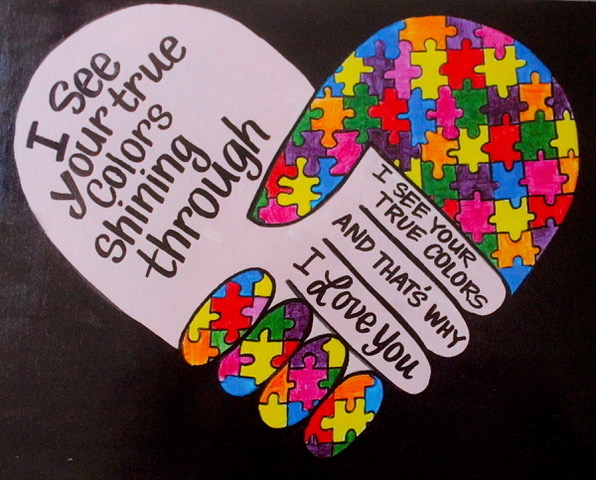Counselling provides an opportunity for discrete discussions with the child/adolescent either alone, or if necessary and appropriate, including periods of interaction with the parent(s).
Mental Health and Autism
Those on the autistic spectrum can be more likely to experience mental health concerns than those not on the spectrum. The following have been found to be more prominent:
Anxiety
It is estimated that 90% of people with autism suffer from anxiety symptoms, compared to 15% of those not on the spectrum. There is a variety of reasons for this, including biological differences in brain structure and dealing with social difficulties.
Anxiety disorders can lead to fears and phobias of certain situations, creating a vicious cycle. If left untreated, it can lead to depression. Talk therapies that look at changing negative thought patterns can help break the cycle and reduce anxiety symptoms.
Depression
While all of us can feel sad or down from time to time, if low moods last a long time and get in the way of day-to-day tasks - it could be depression. People with autism are just as likely as anyone else to develop this.
It can be hard for someone with Asperger’s syndrome to vocalise how they’re feeling. They may be more worried about asking for help than usual. There is help available however and it can be useful to speak to someone who understands autism and the challenges it can bring.
